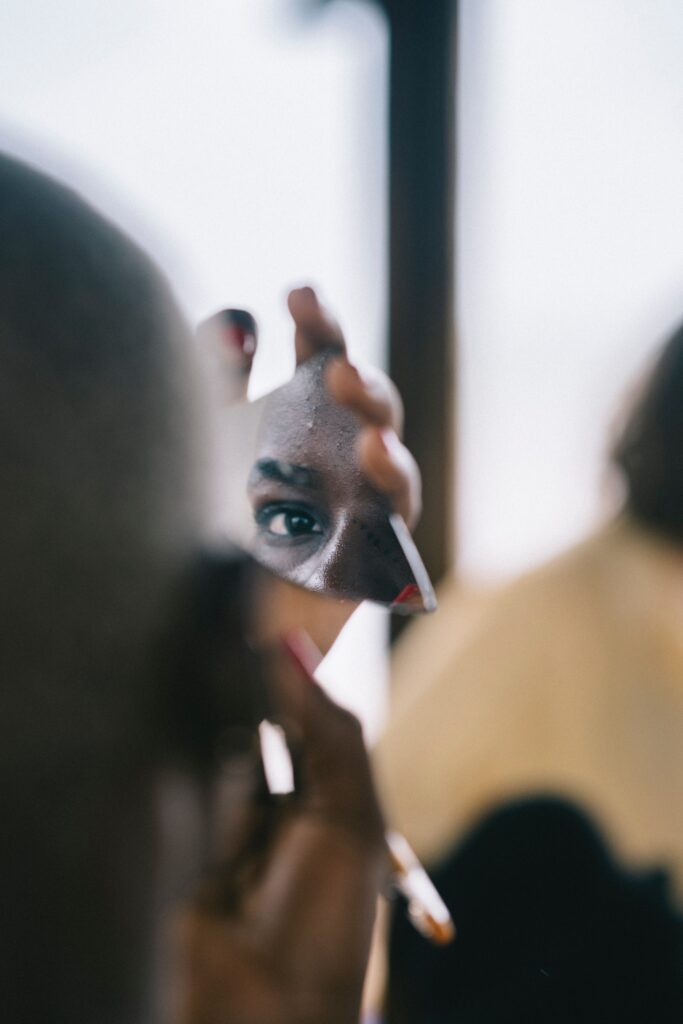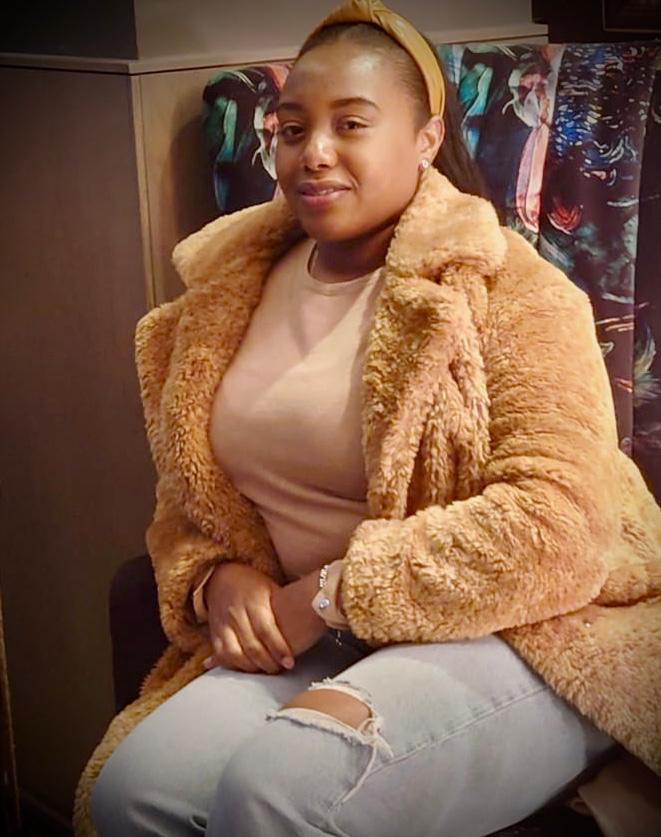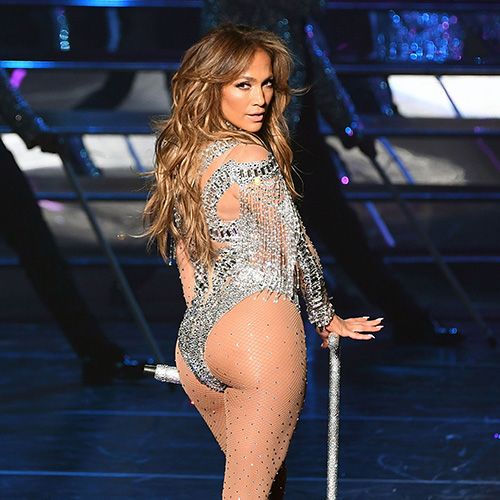Laura Ndanuko reflects on her journey in a new country to discuss how migration impacts people’s experiences in many ways.
by Laura Ndanuko
Picture credit: Ben Iwara @Unsplash
Seasonally, many animals from the tiniest of insects migrate in search of food, shelter, better conditions, or mating opportunities. For humans, mass movement, both forced and voluntary, has happened throughout history, with motivation and purpose changing over time.
Moving to a new area or country or starting a new job or school can be daunting. It often comes with feeling alienated as one settles into the new culture, with factors like language barriers affecting your transition. The ability to fast-change and adapt to changing conditions differentiates human migrations from animal ones.
Leaving Kenya for Scotland was a challenging integration process, from culture shock to settling in and fitting in. Being called a lassie, offered a ‘wee cuppa’, and getting lost in the middle of a conversation because of the unmistakable Scottish accent.

Understanding the accent was put to the test fully when I started the church. The speed of speech and English being my third language did not help at all. Luckily I could listen to the recorded sermons once more on Youtube to keep up with the series before the next service.
A women’s conference was announced for two months, amongst other items on the weekly list, but the seminar’s theme confused me. “Marra marra” is what I heard. I wondered if there was a place called “Mara Mara”, whether it was a Gaelic name or a symbolic title.
Two weeks before the event, the poster and leaflets were out and projected on the screen as the weekly announcements were read. I giggled and struggled not to burst out into laughter. It was neither Gaelic nor symbolic of anything. The title was “Mirror Mirror”, like the American fantasy comedy film based on the fairy tale “Snow white”.
Leaving Kenya for Scotland was a challenging integration process, from culture shock to settling in and fitting in.
A mirror is a potent tool that can evoke strong feelings and project hidden parts of us as we look out to the world. When I was younger, looking at my own reflection filled me with amusement and curiosity as I made funny faces and wondered how I would look when I was older.
Across, truth is reflected back so clearly; we see the journey and ourselves in the rawest and most vulnerable state. We come face-to-face with our true reflection, a perspective that we don’t always see in our heads.
The scars and the memories come alive in a whirl when you see how you feel and how you look when handling it. How we look at ourselves in the mirror is essential; it makes all the difference in whether we feel better or worse.

In life, we don’t always have a mirror, and when we do, we avoid looking at ourselves for more than a glance. We end up walking around with lots of lint on our clothes or lipstick on our teeth as we rush away from the reflection. Standing across that reflection becomes a torment, not a celebration of the milestones and courage to face it all.
From films, lived experiences and stories of other migrants, I have seen a reflection of myself. Leaving where we once called home, crossing borders, breaking taboos and discovering who we are. Through that daunting journey and seasons that change but with one constant.
The constant being uncertainty. Being in limbo amid thriving economies.
The feeling of not having a voice, powerlessness and anxiety. Positive stories come when we see ourselves in the mirrors that life gives. Why not appreciate a free perspective on how unkindly we treat ourselves?
“Experience is not what happens to a man; it is what a man does with what happens to him.”
Aldous Huxley
We can finally spend a minute longer looking within and appreciating our strengths. We can now enjoy freedom and safety—the chance to start afresh and change the livelihoods of generations. Mindful mirror practices can help soothe and reaffirm oneself; you also can clean the dust off the mirror, wipe the fog and change the narrative for many generations.
A new year is here, an opportunity to establish new habits and reaffirm the truths within us. Make the mirror your friend, share your joys and sorrows with it, and you will finally make a friend you can trust with no reservations.

Laura Ndanuko is from Kenya and lives in Scotland. She is a trainee journalist at Migrant Women Press. She is passionate about amplifying voices, especially of migrant women, to raise awareness, bring solutions and create an impact.



